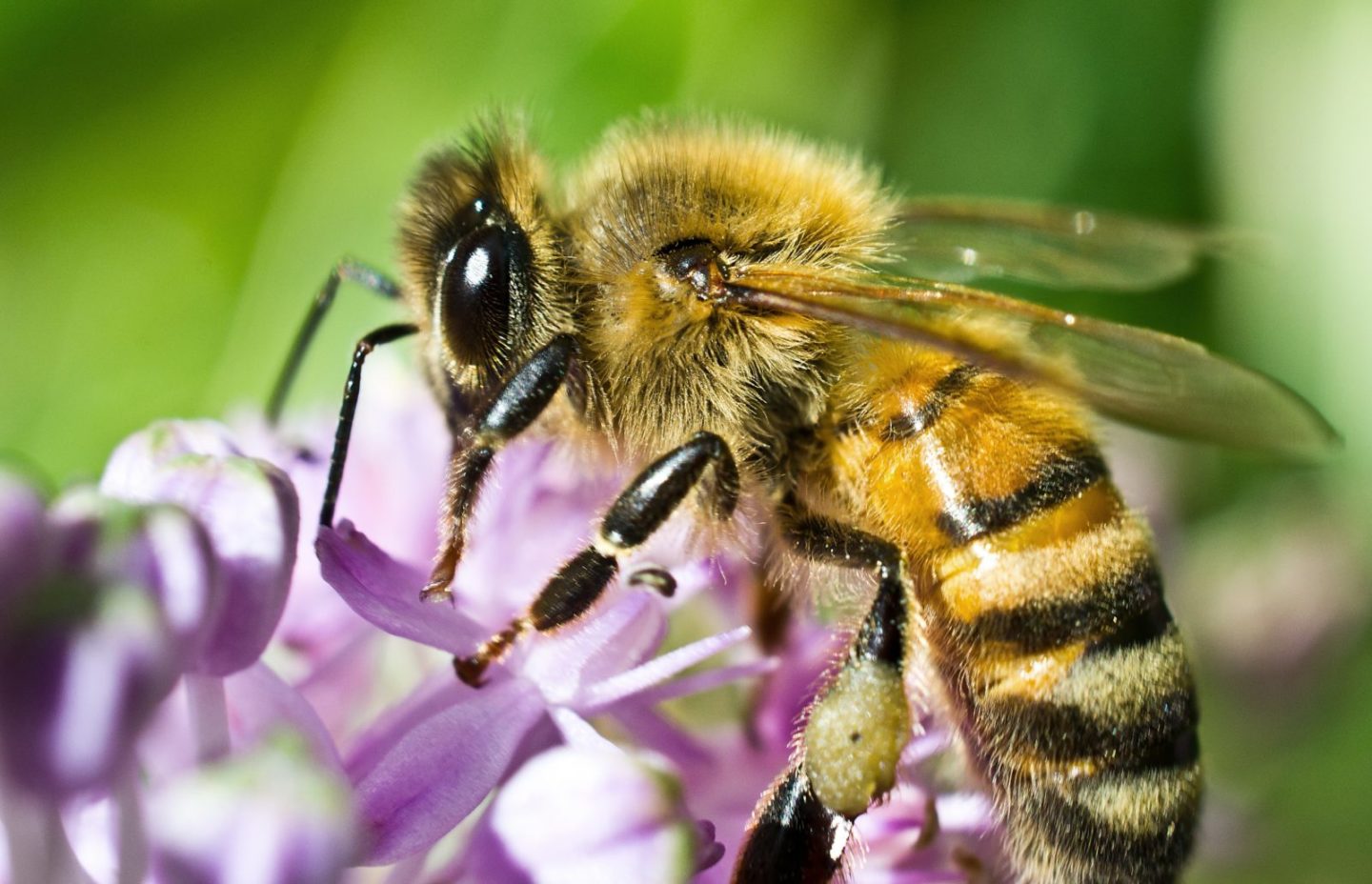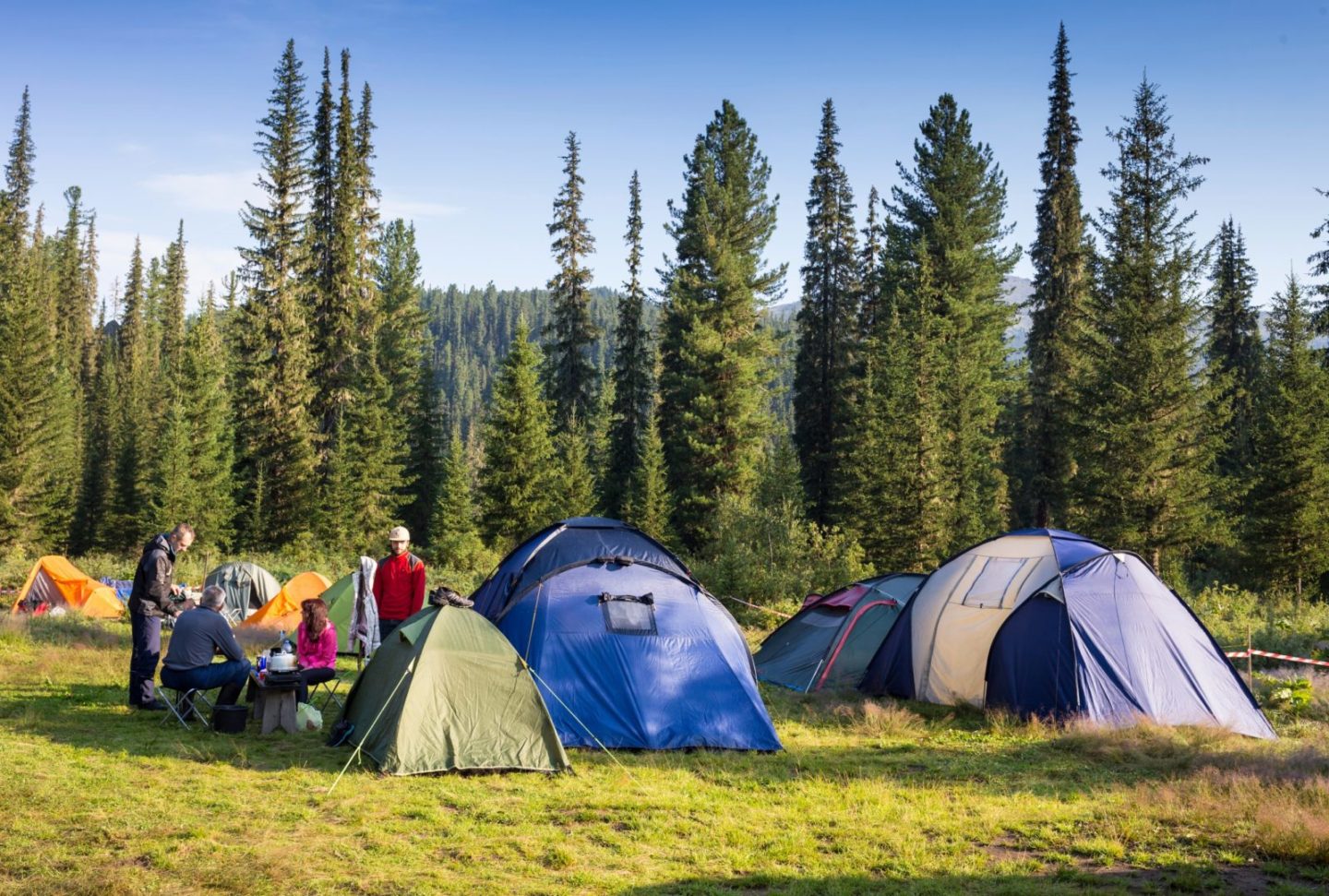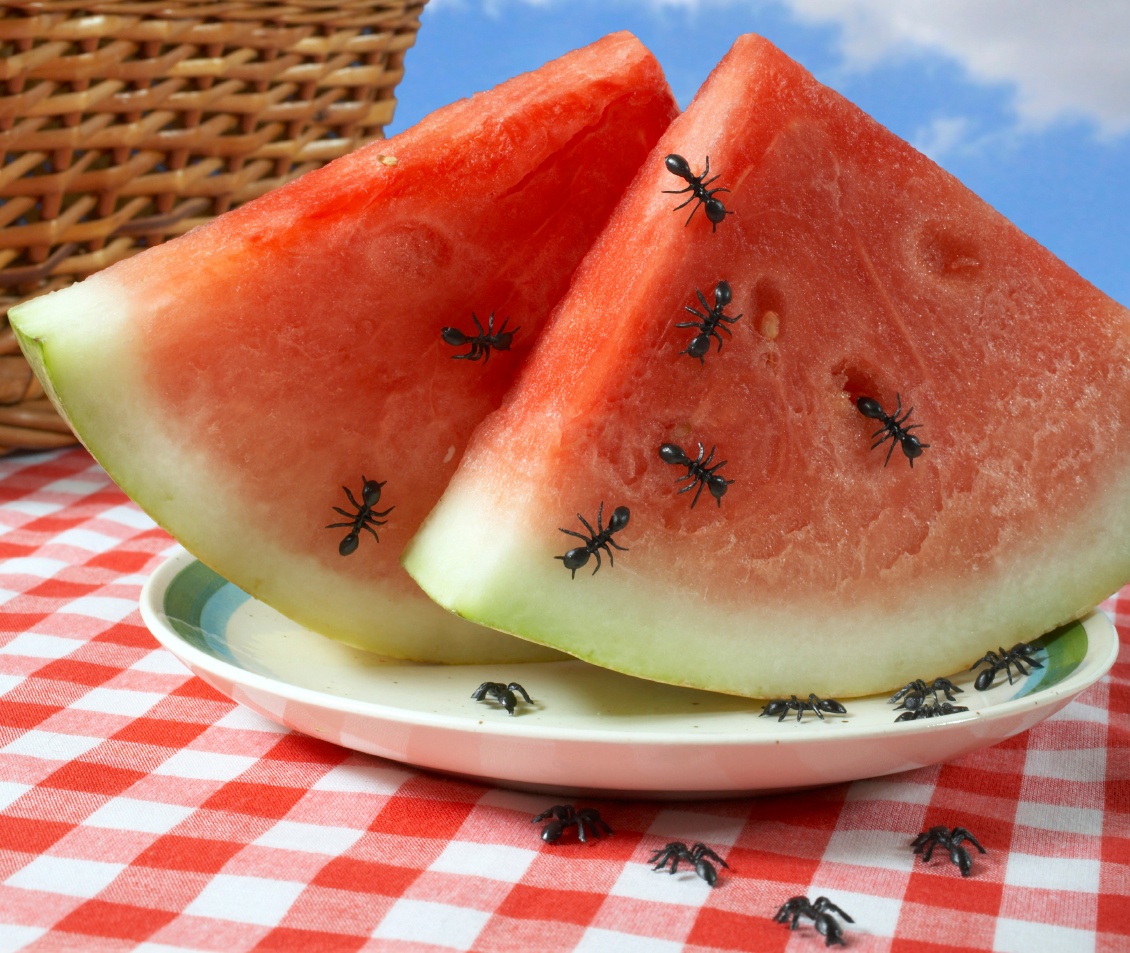Summer is drawing to a close, but there’s still time for a few more hurrahs before it’s officially time to take the winter clothes out of storage. Whether you’re camping, preparing to send the kids back to school, or just dealing with pests around the house, we wanted to give you a quick wrap up that touches on everything you could be dealing with at the end of summer.
CAMPING
- Ahead of camping, apply insect repellent containing an EPA-registered active ingredient such as DEET or Picaridin, and repeat applications according to the product label.
- Wear long sleeves, pants, socks and closed toe shoes to help avoid mosquito and tick bites. Do a thorough check after hiking in woods or tall grasses.
- Yellowjackets and other stinging insects are attracted to fragrances from shampoo, perfume and candles — not to mention food and drink. Avoid using scented items and pour beverages into clear plastic cups rather than drinking from cans.
- Prior to camping, check tent materials and repair any holes that can serve as points of entry.
- Keep tents closed at all times unless going in or out.
- Keep all food and beverages packed in secure coolers and containers. Seal utensils and dishware immediately after use.
- Dispose of beverage bottles and cans in tightly closed garbage receptacles. Keep garbage containers sealed and away from the sleeping grounds.
- Do not attempt to feed, lure or pet wild animals.
MOSQUITOES
Mosquitoes might not always be the most common pest depending on the season, but that doesn’t stop them from being the most annoying and one of the deadliest. Find some very useful information about this deadly pest in our previous post how to prevent mosquitoes.
ANTS
- Odorous House Ants: These ants get their name from the unpleasant odor they give off when crushed, often described as smelling like a rotten coconut. They typically nest in wall voids and crevices and prefer sweet foods.
- Pharaoh Ants: Pharaoh ants prefer sweets, but also consume grease and even shoe polish. They live in extremely large colonies and keep warm near artificial heating sources like baseboard heaters and ovens.
- Carpenter Ants: This species hollows out nests in both dry and moist wood, though they prefer the latter. They can be particularly hard to remove since their nests can be more difficult to locate.
- Fire Ants: Fire ants can cause severe allergic reactions in addition to structural damage caused by chewing through the insulation around electrical wiring.
- Block off access points.
- Eliminate sources of water in and around the home.
- Keep a clean kitchen.
- Don’t forget about the pets.
- Work with a pest professional.

BEES
Back to School & Bed Bugs
- Fully inspect suitcases prior to re-packing for a return to school, especially if you have traveled during the summer. Wash all clothes, even those that haven’t been worn, in hot water.
- On move-in day, thoroughly inspect the entire room including mattress seams on beds, behind the headboard and in furniture using a flashlight for good visibility. If you see anything suspect, immediately contact a university facility manager or landlord.
- If you are considering bringing “secondhand” furniture to campus, properly inspect it for telltale signs of bed bugs. If you notice and signs of shed skins, small blot marks/pepper-like stains do not bring it to campus.





